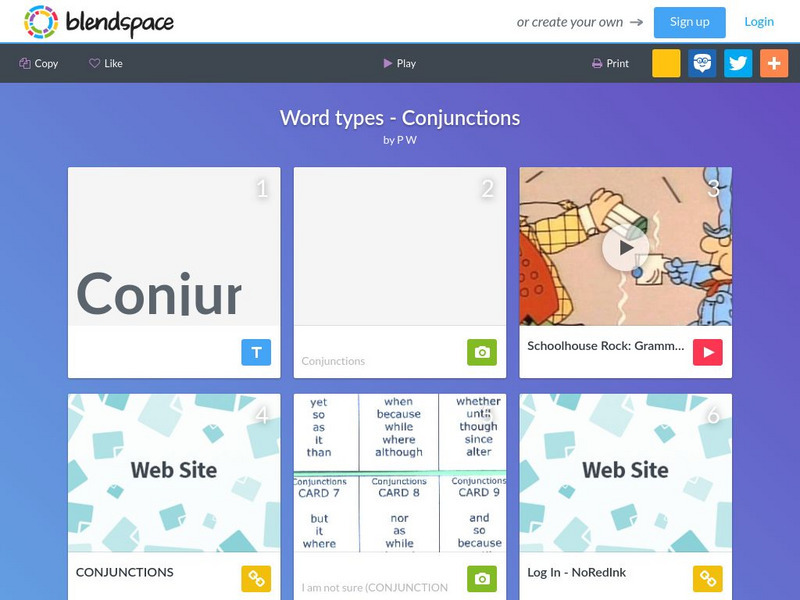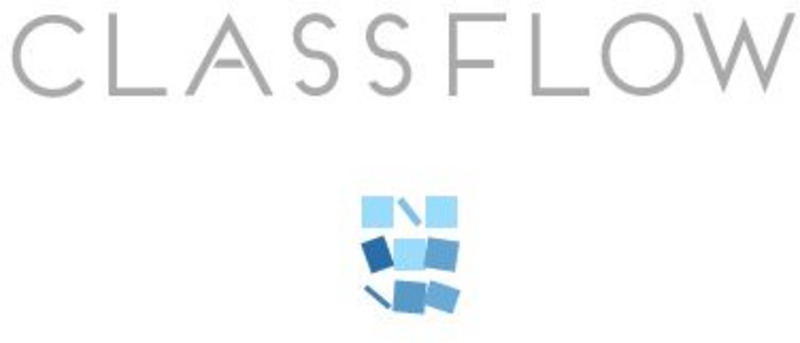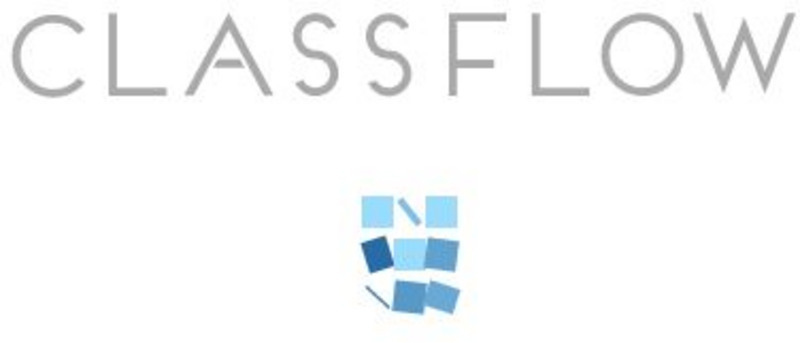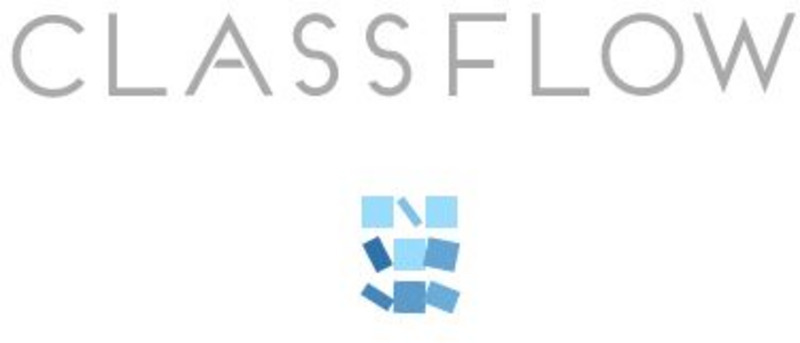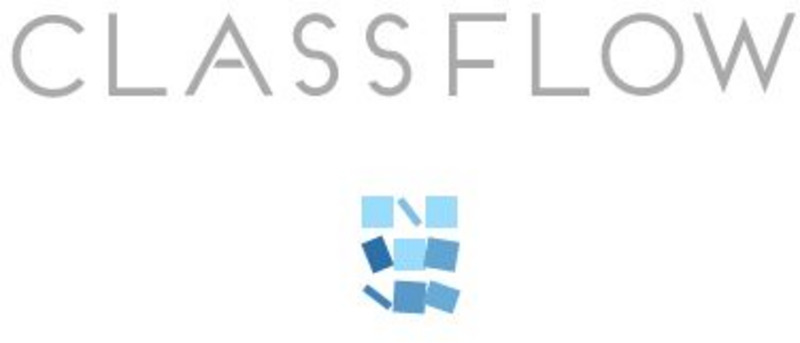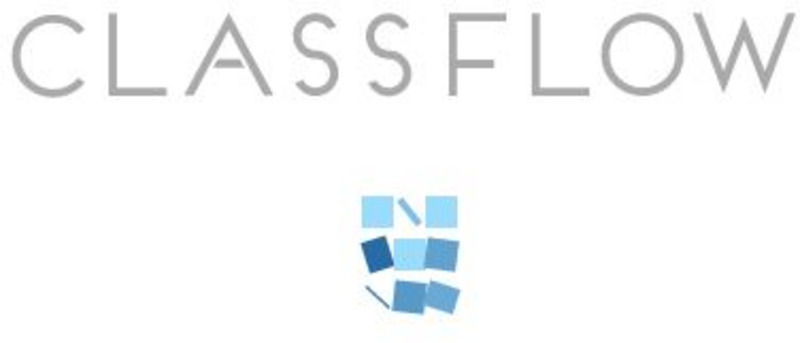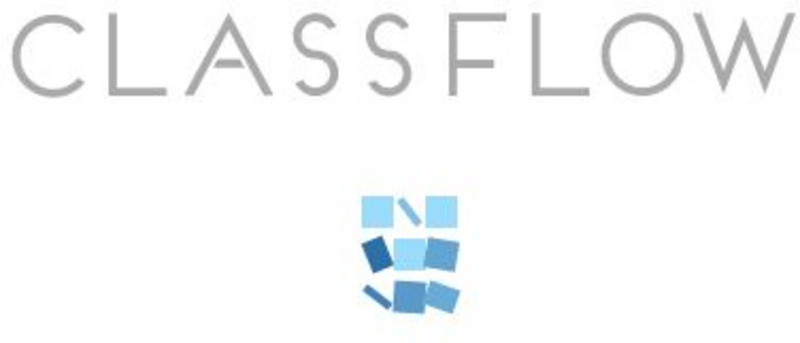Better Lesson
Better Lesson: Using Word and Picture Clues to Make an Inference
First graders will use text evidence to make inferences about word and word phrase meanings in a text. Word and picture clues will be used to help students form inferences.
CPALMS
Cpalms: Lafs.7.ri.1.3
This site provides explanation of the Florida English Language Arts Standard: Analyze the interactions between individuals, events, and ideas in a text (e.g., how ideas influence individuals or events, or how individuals influence ideas...
ArtsNow
Arts Now Learning: Dr. Seuss Is on the Loose [Pdf]
The rhythmic and melodic elements of Theodor Geisel's children's literature provide many opportunities for knowledge of language, vocabulary acquisition and use, and creative expression and communication in music. Students work with two...
ArtsNow
Arts Now Learning: Exploring Adjectives Through Art and Creative Writing [Pdf]
In this lesson, students will use adjectives to describe artwork and to develop descriptive language in creating interesting and unique stories.
English Worksheets Land
English Worksheets Land: Plain Words and Fancy Words [Pdf]
Students learn about the differences between words with similar meanings by placing them in the right column of a graphic organizer.
English Worksheets Land
English Worksheets Land: Sorting Through Horrifying and Size Adjectives [Pdf]
Learners learn about the differences among words with similar meanings by cutting them out and pasting them in order from most to least on a graphic organizer.
Other
Papa Jan: Five Essential Components of Reading
Can you name the five essential components of reading? Check out this informative site from Papa Jan.com to learn more about phonemic awareness, phonics, reading fluency, vocabulary development and reading comprehension.
TES Global
Blendspace: Word Types Conjunctions
An eight-part learning module with links to texts, images, videos, and websites to use while learning about conjunctions.
Road to Grammar
Road to Grammar: Using Complete Sentences
This interactive focuses on complete sentences; it provides notes explaining what makes a complete sentence and two practices identifying complete sentences.
ClassFlow
Class Flow: Nouns People Place and Thing
[Free Registration/Login Required] Teachers can use this flipchart to help students make connections between pictures of familiar objects and words which represent these objects within a contextual setting.
ClassFlow
Class Flow: Nouns and Adjectives Making Sentences
[Free Registration/Login Required] In this flipchart, students will apply what they have learned about nouns and adjectives to make complete sentences. This is a cloze activity which scaffolds learning by providing students with context...
ClassFlow
Class Flow: Nouns and Adjectives Making Sentences
[Free Registration/Login Required] Teachers can use this flipchart to help students make connections between pictures of familiar objects and words which represent these objects within a different contextual setting.
ClassFlow
Class Flow: Sentences Non Sentences
[Free Registration/Login Required] This flipchart reviews complete vs. incomplete sentences, and types of sentences.
ClassFlow
Class Flow: Sequences Before & After
[Free Registration/Login Required] This lesson asks the students to decide on the sentence order, then drag them into the boxes, deciding whether they describe before or after.
ClassFlow
Class Flow: Spelling and Vocabulary Activities
[Free Registration/Login Required] Various activities to build spelling and vocabulary comprehension. Includes unscrambling spelling words, matching vocabulary with definition, context sentences, ABC order, word sort, and word order.
ClassFlow
Class Flow: Tired Word Web
[Free Registration/Login Required] Students will brainstorm words to use in place of overused words (ex: like, nice, pretty, bad, etc.) in their writing. May be adapted to use as a team game.
Other
Woodward English: Questions Words
Woodward English: Questions Words uses pictures and words to answer the 5 W's and H questions.
ClassFlow
Class Flow: Vocabulary Seven Weeks on an Iceberg
[Free Registration/Login Required] Students will be able to match vocabulary words to their correct meanings after doing the activities in the flipcharts.
ClassFlow
Class Flow: Words Unit
[Free Registration/Login Required] This flipchart makes students put together a string of words to make sentences.
ClassFlow
Class Flow: Adjectives, People, Places & Things
[Free Registration/Login Required] In this Flipchart, students are introduced to adjectives as a part of speech. Teachers can use this flipchart to help students make connections between pictures of familiar objects and words which...
ClassFlow
Class Flow: Compound Words
[Free Registration/Login Required] This flipchart is intended for grade 3, but can be used with grades 1,2, and 4. Students are introduced to compound words and have numerous opportunities for interactive practice. This flipchart also...
ClassFlow
Class Flow: Conjunctions
[Free Registration/Login Required] Students will understand how sentences can be joined in complex ways through the use of conjunctions (and, then, if, so, while, though, since, when).
ClassFlow
Class Flow: Connectives
[Free Registration/Login Required] This flipchart investigates connecting words and phrases, providing examples with different kinds of text. It helps students to identify the connecting words by helping them classify the various examples.
ClassFlow
Class Flow: Describing Words
[Free Registration/Login Required] Children are able to identify describing words in sentences and pictures. They then are able to brainstorm describing words about a picture and write sentences using the words.




